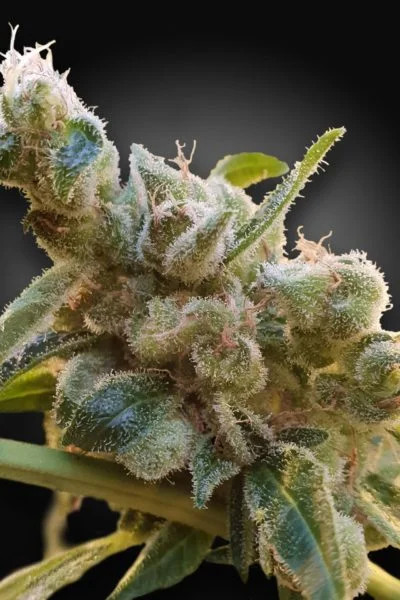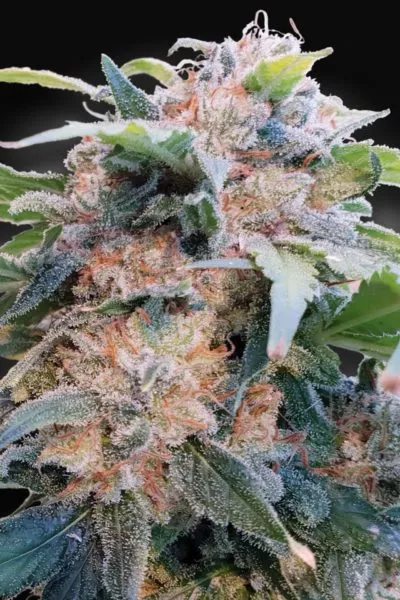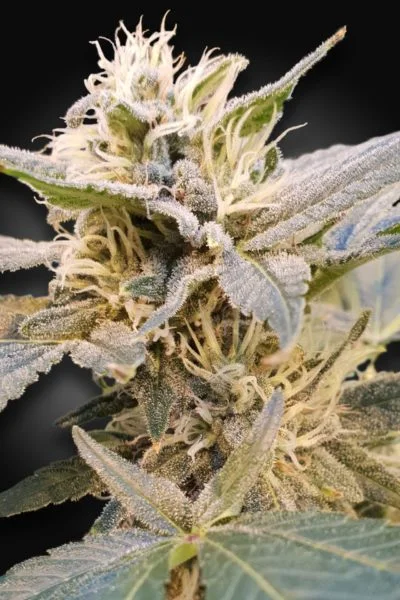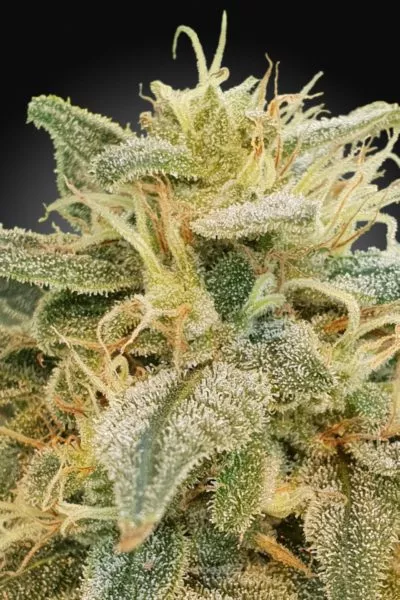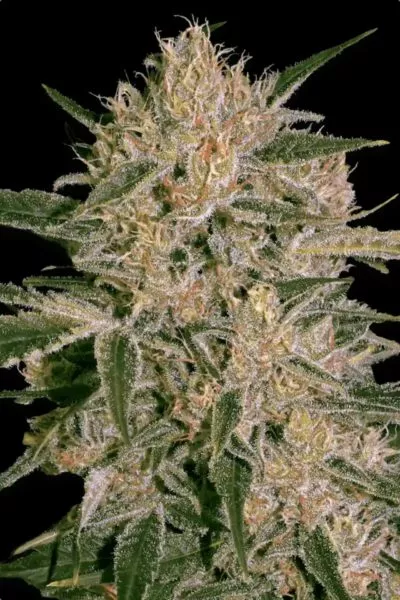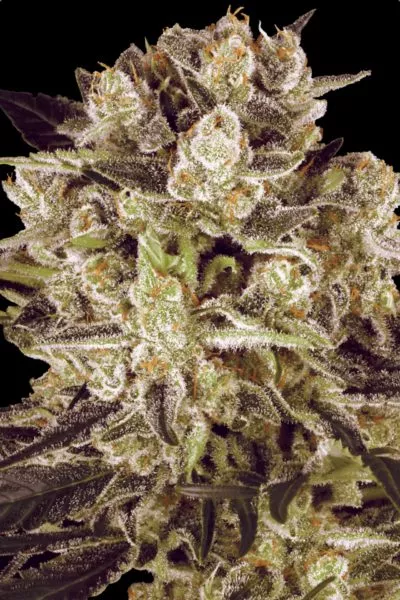Guest blogger DrViola Brugnatelli is the scientific director of Cannabiscienza, a lecturer at the University of Padua (Italy) and the Italian Ambassador for IACM (International Association for Cannabinoid Medicines).
Stress seems to be an inseparable condition from modern daily life. Stress caused by too much – or too little – work, by traffic, by the continuous bombardment of information, by the frenetic rhythms imposed by society and, more recently, by being locked up at home with the fear of being infected or by the uncertainty of the future.
We live with stress and, if some seem to have adapted to this condition, for others it can cause significant problems, often causing uncontrollable anxiety, which negatively affects both one’s psychosocial condition and interpersonal relationships.
Cannabis Sativa has always been proposed as an anti-stress remedy to reduce anxiety but, although its effectiveness seems to be somewhat accepted, the brain mechanisms through which it acts are still unclear.
However, research published in the journal, has unveiled one of the possible mechanisms through which the Endocannabinoid System is involved in the prevention of stress-induced anxiety. This research indicates the potential of cannabis for stress treatment.
An introduction to stress-induced anxiety
But first, what is stress? Stress is an imbalance of the normal equilibrium of an organism – homeostasis – caused by both external and internal factors, to which the individual reacts. How? By either changing the internal balance to adapt to the environment or by modifying the external environment to adapt it to individuals’ needs.
Stress is therefore not always a negative factor. In fact, it is part of what is called the General Adaptation Syndrome, with which the individual acts on environmental stresses.
When man lived in contact with a sometimes hostile nature, he needed to react to every little stimulus and adapt immediately to be able to save his skin. This has been the case for thousands of years until, with the advent of modernity, natural hazards began to diminish.
However, the ability to react to stimuli has not diminished; once stress was induced by the smell of a predator or an unrecognized noise and prepared us for escape, whereas now the so-called stressors (factors that induce stress) are more intangible. Instead of preparing us for flight, they can induce psychophysical imbalances which in some cases lead to the so-called states of anxiety.
Like stress, anxiety is not necessarily a negative condition because it is the way our body warns us that something is wrong. But when that something is beyond our control (as is often the case in modern living) then the state can become a chronic disorder that negatively affects daily activities.
A striking example is what we have been experiencing in recent months: the Covid-19 – stress factor – which has hit our lives suddenly and forced us to change habits. In addition to not being able to move freely, the fear of contagion has also entered and all this has induced a state of daily anxiety in many people.
The link between stress and anxiety has long been known. The longer a phenomenon that causes stress is present and lasting, the more likely it is to develop anxiety disorders. The brain areas involved are also more or less known.
It is known that the amygdala – the area used to process fear – is hyper-activated in stressful conditions and that its signalling towards the prefrontal cortex – the area used for the processing of complex cognitive behaviors – is increased. Stress therefore induces a “coupling” between the amygdala and the prefrontal cortex.
The endogenous mechanism underlying this coupling – previously unknown – has been, at least in part, revealed by new research entitled “Endocannabinoid Signalling Collapse Mediates Stress – Induced Amygdalo-Cortical Strengthening” published in the March issue of the scientific journal Neuron.
Cannabis for the treatment of anxiety?
Through this very well designed study and using innovative techniques, the authors have shown that stress induces a “collapse” of the activity of the endocannabinoid 2-AG between the amygdala and the pre-frontal cortex and this induces stress which, if prolonged over time, can lead to anxious behavior. This research therefore seems to confirm what both anecdotal reports and scientific research have long indicated: the potential of using Cannabis for stress treatment, and particularly anxiety disorder.
Cannabiscienza’s neuropharmacologist professor, Livio Luongo, comments on this new research: “The role of endocannabinoids is very important in maintaining complex brain homeostatic processes. In fact, their role is consolidated in brain areas responsible for the integration of external stimuli, anxiety states and unpleasant emotional-sensory events, as well as in the central sequelae associated with chronic pain.
The study is interesting, although very technical and takes into consideration a specific circuit, the one that goes from the amygdala to the cortex. The data shows that some components of Cannabis Sativa could be used, at appropriate concentrations, in certain states of anxiety. An interesting example in this sense is given by Cannabidiol (CBD), a phytocannabinoid widely used currently for the treatment of symptoms associated with anxiety”.
Indeed, various studies have shown that CBD, rather than THC, appears to be the anxiolytic component of Cannabis, although its effect is dose dependent. Therefore, stimulating the Endocannabinoid System – even through the use of Cannabis for stress treatment – seems to be a good strategy to combat anxiety.
However, some doubts have not been fully clarified. For instance, it is still necessary to ascertain why not all individuals develop anxiety when subjected to stress. There may indeed be other circuits that compensate for the decrease in 2-AG signalling, which in some individuals are more functional than in others. In addition, this data, although very interesting, must also be confirmed in human experiments.
What this research further highlights however – if still needed – is the key role that the Endocannabinoid System plays in regulating important body functions, especially behavioral functions and with that, the numerous opportunities offered by the incredible plant that modulates it: Cannabis.
Reference:
Marcus DJ, Bedse G, Gaulden AD, Ryan JD, Kondev V, Winters ND, Rosas-Vidal LE, Altemus M, Mackie K, Lee FS, Delpire E, Patel S. Endocannabinoid Signaling Collapse Mediates Stress-Induced Amygdalo-Cortical Strengthening. Neuron. 2020 Mar 18;105(6):1062-1076.e6.
-
€22.50 – €59.50 Select options This product has multiple variants. The options may be chosen on the product page
-
€22.50 – €59.50
€16.88 – €44.63 Select options This product has multiple variants. The options may be chosen on the product page -
€22.50 – €59.50 Select options This product has multiple variants. The options may be chosen on the product page
-
€22.50 – €59.50 Select options This product has multiple variants. The options may be chosen on the product page
-
€29.50 – €79.00 Select options This product has multiple variants. The options may be chosen on the product page
-
€29.50 – €79.00 Select options This product has multiple variants. The options may be chosen on the product page




